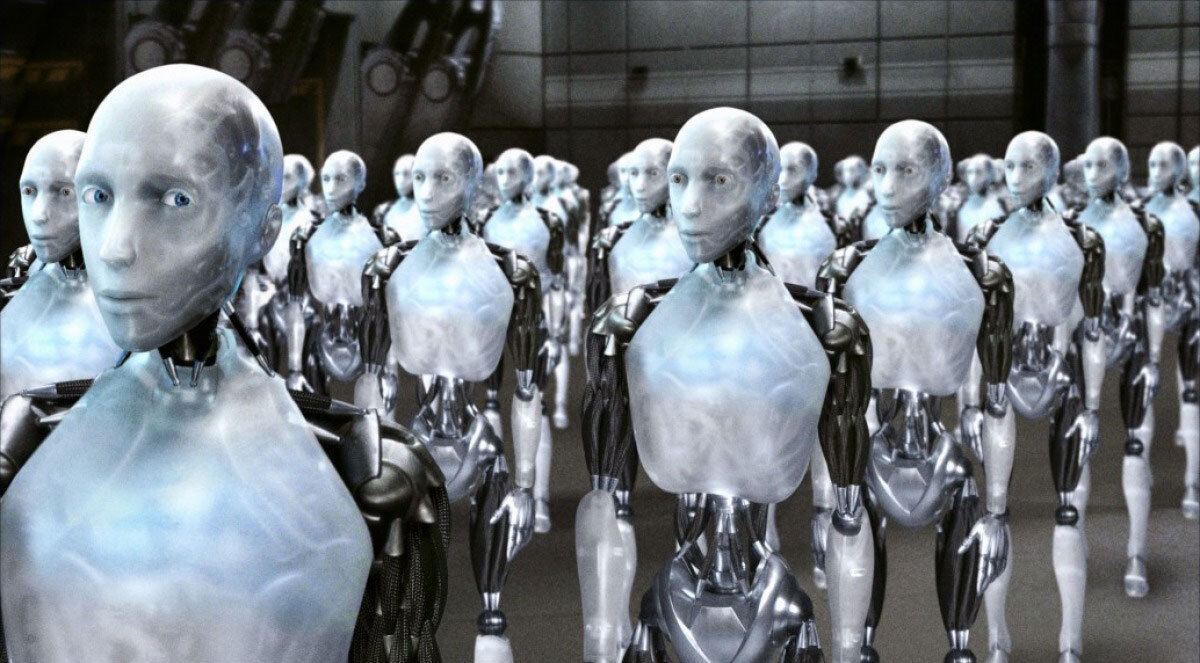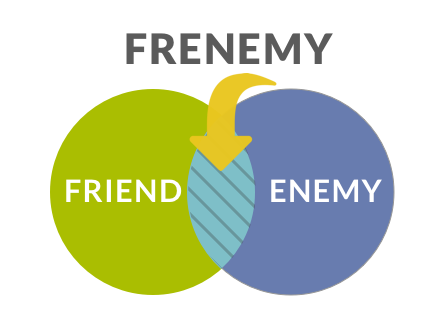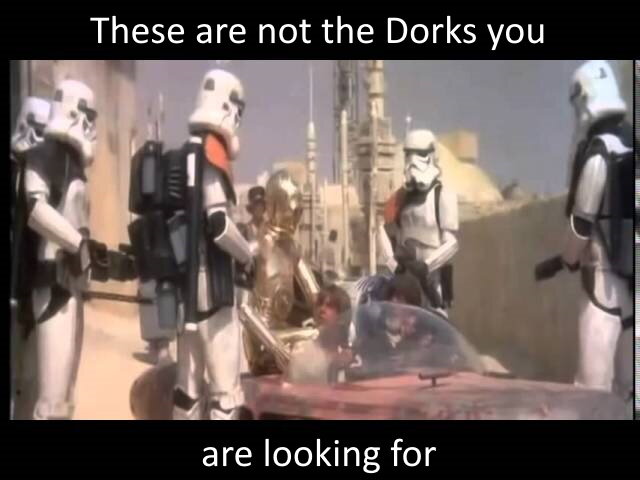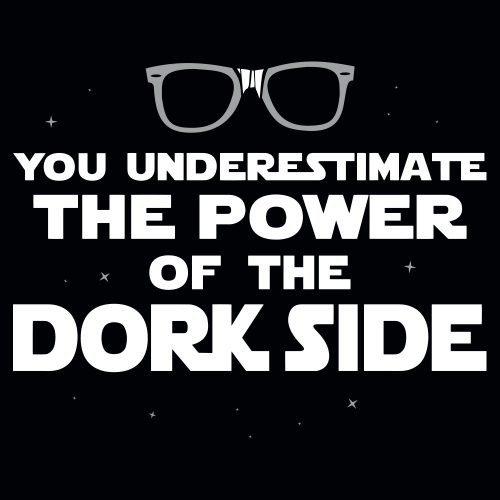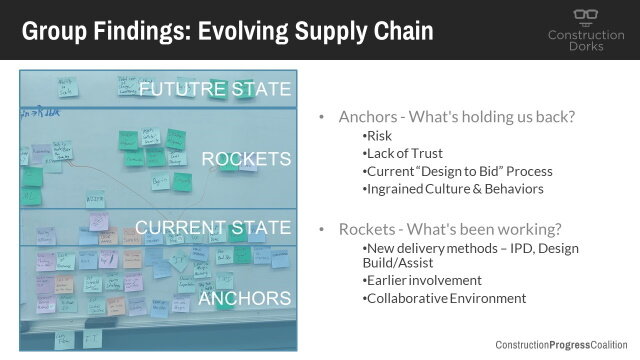co·op·e·ti·tion
/kōˌäpəˈtiSH(ə)n/
noun
collaboration between business competitors, in the hope of mutually beneficial results.
For me (Travis), the first time I heard this word was at an AGC IT Forum a few years ago from Ric Kahn in one of those after hours talks we all are missing at conferences. Standing with him and other large GC innovators as they were collaborating and sharing openly about programs, initiatives, and their learnings along the way. It was a moment that has obviously greatly influenced how I interact with others in the industry. Even those my company directly competes with.
I often say that the construction pie is very, very big and we should stop completely treating this as a zero sum game. Jeff and I often like to say a rising tide lifts all ships and it is how we approach most things. We can’t give away numbers and fully open our books and small innovations specific to the way our teams work can be talked about in general to portray the concept of what we’re accomplishing with the details being kept secret, but we’re all trying to solve the same problems and what makes our companies different isn’t so much the processes that we all think is our special sauce. The real differentiator is our cultures and how it mixes with our people, or the chefs of that special sauce.
That’s our viewpoint from the contractor side. Really, why can’t we all get along? Let’s solve the problems that plague all of us and make the whole industry a safer, better, more profitable place to be. There’s plenty of pie to go around.
For this episode, though, we’re bringing in two coopetors from the software side. In true podcast fashion, I’ll turn the blog post over to Jon to have a bit of a rant..
Thanks Travis … Like Travis Coopetition is an idea I have a passion for. I first heard the term in the late 90’s when a book Co-opetiton landed on my reading list. I had been reading books on Game theory, and it was considered an updated, more readable version of a book from the ’20s called Theory of Games and Economic Behavior. I was interested in it because one of my core beliefs was in the proverb about Iron sharpening Iron, and the understanding we sharpen ourselves by engaging with others at a similar level (of the same metal). One of the things that I miss most about conferences was a chance to sharpen ideas off other Construction Dorks. The conversations were always fun and in the end, tended to shave off the bad ideas and to leave only the strongest while also imparting a host of new things to think about. The new ideas were also from those most likely to have the best ideas. That said, The idea of iron sharpening iron shares a central understanding with Coopetition. Rival Businesses that open up ideas and even processes to one another are less likely to persist in those that are poor and far more likely to make breakthroughs because they are exposed to a larger pool of high-level ideas. Game Theory bears this out, so does history.
When The Toyota Way was published, Toyota executives did not think it would ruin them, and they were right. They made a bold move sharing their process, even teaching it, and the result was tens of thousands of people responded back to them and sharpened their process. It has always driven me nuts that we look to them for LEAN ideas, but ignore process sharing as one of those ideas… Thanks, Travis, for letting me rant.
Please join us as we ask two strong leaders how they are using Coopetition to sharpen their companies and raise the tide for those around them.







